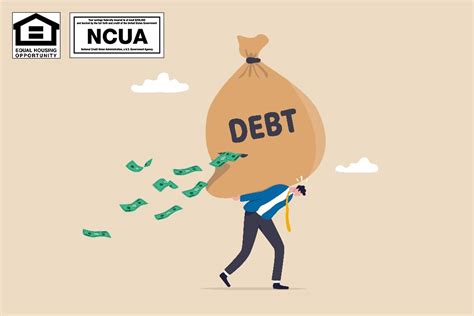Taking Control: Why a Budget is Essential for Men’s Financial Goals
For men aiming to build significant savings and lasting wealth, a robust, ‘no-fail’ budget isn’t just an option—it’s the bedrock of financial success. It transforms abstract goals into actionable steps, providing clarity, control, and confidence over your money. This guide outlines how men can create and stick to a budget that truly works, paving the way for financial independence and prosperity.

Understanding Your Financial Landscape
Before you can budget effectively, you must first understand where your money is going and where you want it to go. This foundational step involves two critical components:
- Track Your Income and Expenses: For at least 30 days, meticulously record every dollar that comes in and every dollar that goes out. Use spreadsheets, budgeting apps, or even a simple notebook. Categorize your expenses (housing, food, transport, entertainment, etc.) to reveal your spending habits. This often uncovers surprising insights into where your money truly vanishes.
- Define Your Financial Goals: What do you want your money to achieve? Short-term goals might include building an emergency fund (3-6 months of living expenses), paying off high-interest debt, or saving for a down payment. Mid-term goals could be buying a home or investing in a business. Long-term goals often involve retirement planning, funding children’s education, or achieving financial independence. Clearly defined goals provide motivation and direction for your budget.
Crafting Your No-Fail Budget
With a clear picture of your finances and goals, it’s time to construct your budget. The key is to choose a method that resonates with you and is sustainable.
- Choose a Budgeting Method:
- 50/30/20 Rule: Allocate 50% of your after-tax income to Needs (housing, utilities, groceries), 30% to Wants (dining out, entertainment, hobbies), and 20% to Savings & Debt Repayment. This is a simple and effective starting point.
- Zero-Based Budgeting: Give every dollar a job. Your income minus your expenses should equal zero. This method requires more detail but ensures every penny is accounted for, leaving no room for aimless spending.
- Envelope System: For cash-based spending, allocate physical cash into envelopes for different expense categories. Once an envelope is empty, you stop spending in that category until the next budgeting period.
- Differentiate Needs vs. Wants: Be brutally honest. Needs are essential for survival (shelter, basic food, utilities, transport to work). Wants are discretionary (daily coffee, subscription services, new gadgets). Cutting down on wants is often the quickest way to free up cash.
- Automate Your Savings & Investments: The easiest way to ensure you save is to make it automatic. Set up direct transfers from your checking account to your savings, investment accounts, or retirement funds immediately after payday. Treat savings as a non-negotiable expense.

Strategies to Boost Savings & Investments
A budget helps you manage existing money, but these strategies help you grow it more aggressively.
- Aggressively Cut Unnecessary Expenses: Review your budget regularly for areas where you can trim. Can you cancel unused subscriptions? Cook more at home? Shop for better insurance rates? Even small cuts add up significantly over time.
- Increase Your Income Streams: Don’t just focus on cutting expenses. Explore ways to earn more. This could be negotiating a raise, taking on a side hustle, monetizing a hobby, or investing in skills that lead to higher-paying opportunities.
- Invest Wisely for Long-Term Growth: Once your emergency fund is solid and high-interest debts are tackled, focus on investing. Maximize contributions to tax-advantaged accounts like 401(k)s, IRAs, or HSAs. Consider diversified investments like index funds or ETFs. Education about investment basics is crucial; don’t chase fads.

Staying Accountable & Adapting
A budget isn’t a one-time setup; it’s a living document that requires ongoing attention and flexibility.
- Regularly Review and Adjust: Life changes, and so should your budget. Review your budget monthly or quarterly. Did you stick to your limits? Were your allocations realistic? Adjust categories, goals, and spending limits as your income, expenses, or priorities shift.
- Seek Professional Advice: Don’t hesitate to consult a financial advisor, especially as your financial situation becomes more complex or if you’re unsure about investment strategies. A good advisor can provide tailored guidance and help you avoid costly mistakes.
- Celebrate Milestones: Acknowledging your progress keeps you motivated. Whether it’s paying off a credit card, reaching an emergency fund goal, or hitting a certain investment threshold, celebrate your successes to reinforce positive financial habits.

The Power of a Disciplined Financial Mindset
Creating a no-fail budget for men is less about deprivation and more about empowerment. It’s about consciously directing your money towards the life you want to build. By understanding your finances, adopting a suitable budgeting method, aggressively pursuing savings and investments, and consistently reviewing your plan, you’re not just saving money—you’re strategically building a future of wealth and financial freedom.





